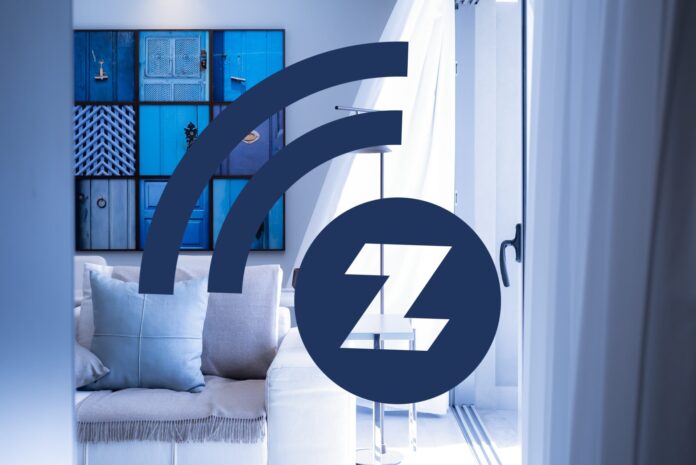The Z-Wave Alliance, in charge of developing local-area IoT technology Z-Wave, has released the Z-Wave source code to alliance members on open-source software development platform GitHub. Alongside, the alliance has said Members can now “shape the future” of the protocol under its (OS Work Group) supervision, said the alliance. Canadian IoT firm Exegin Technologies has ported Z-Wave code to third-party silicon, opening members to develop on any chip provider of their choice.
The move is intended to engage the developer community in Z-Wave as a smart-home rival and complement to Matter, based on the Thread protocol. The 1.0 version of the Matter specification was released in October by the Connectivity Standards Alliance (CSA), formerly the Zigbee Alliance, as a salve for long-running issues with smart-home interoperability. Z-Wave was initially aimed primarily at home automation, but has seen pickup also in multi-occupancy blocks, retail environments, and municipal infrastructure.
Mitch Klein, executive director at the Z-Wave Alliance, commented: “This year the smart home conversations have focused largely on Matter. Shiny and new, and with big brands supporting the initiative, Matter is bringing a lot of attention to the smart home. This makes it easy to overlook Z-Wave as the most established, trusted, and secure smart home protocol, that also happens to have the largest certified interoperable ecosystem in the market. We firmly expect that Z-Wave will play a key role in connecting devices and delivering the experience users really want.”
Austin-based IoT chipmaker Silicon Labs, one of the primary code contributors to both Matter and Z-Wave, handed the Z-Wave code to the Z-Wave Alliance in 2020. The alliance was promptly re-incorporated as an independent non-profit software development organisation, and set to work on the availability of Z-Wave Long Range (LR) certification, and organised technical working groups to collaborate on the physical, networking, and application layers of the Z-Wave protocol in order to release its source code to the wider developer market.
The alliance claims 4,100 different Z-Wave devices have been certified, and 90 million have been sold since 2020. Exegin Technologies ported the Z-Wave code to third-party silicon in beta testing, only; the project, outlined in a blog post, shows how the GitHub package affords developers “flexible implementations from controller to end devices”. The implementation could be for new controllers, such as Z-Wave/Matter bridges, and for Z-Wave or Z-Wave/Matter devices, it said. Silicon Labs has a multi-protocol software development kit for Matter/Z-Wave hubs and bridges.
A statement said: “The goal of the [source code] project is to provide a rich development environment that contains the relevant source code and sample applications to those seeking to play a direct role in the advancement of the Z-Wave standard.” The quality and interoperability of products utilising source code will be enforced by a mandatory “silicon and stack” certification programme, said the alliance.
The alliance has a new board of directors, comprising executives from Amazon, Silicon Labs, and Johnson Controls, plus LEXI Devices, ASSA ABLOY, Bluesalve Partners, Vivint, ADT, Alarm.com, and LEEDARSON. Klein said: “This is going to be an incredible year for the smart home industry and an exciting time for verticals we see growing including MDU, hospitality, energy, and insurance.”

